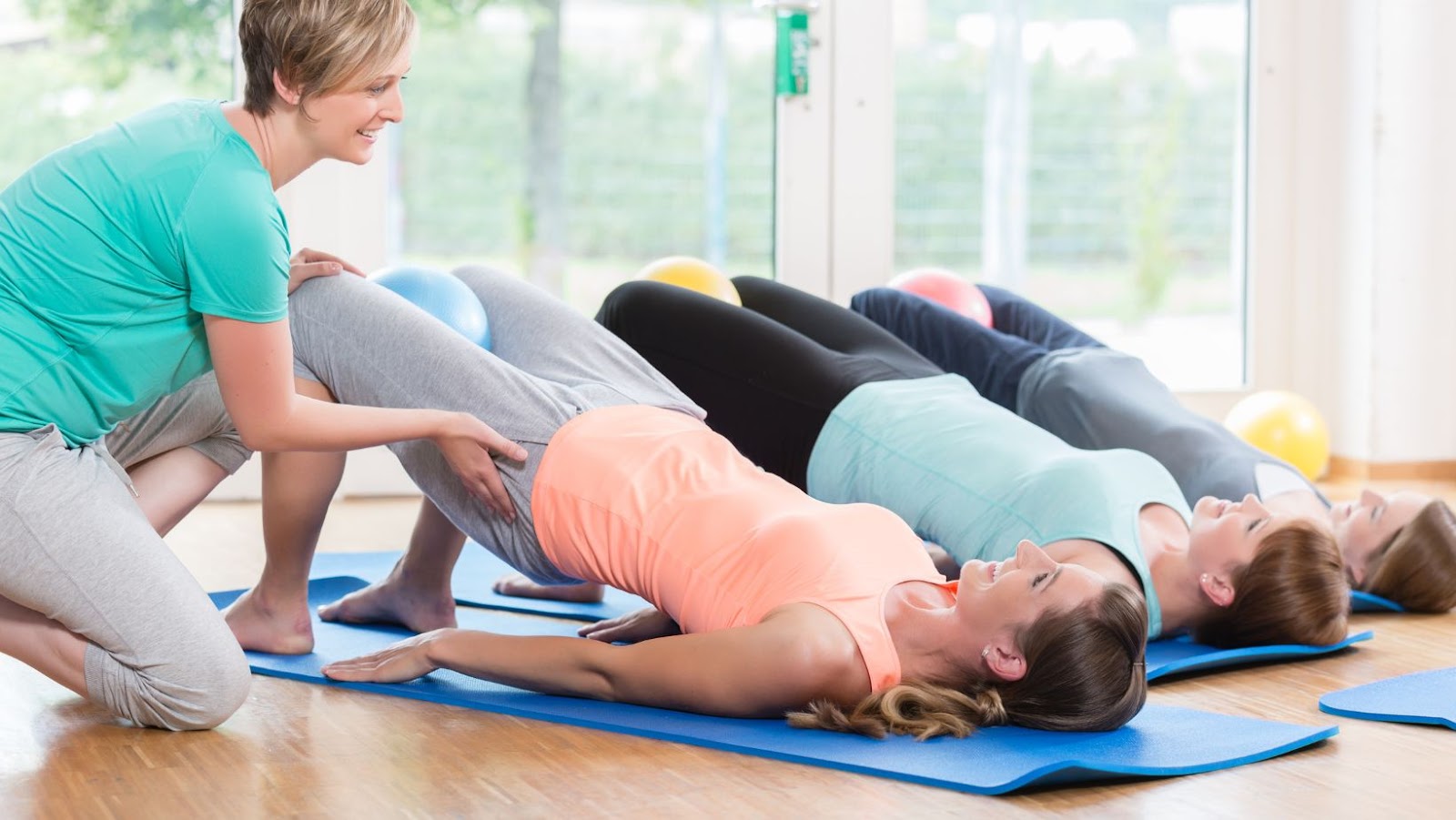Recovery is an essential part of any exercise program and plays an important role in helping you achieve your health and fitness goals. It helps restore energy, rebuild muscle, and prevent injury. It also helps reduce stress, improve sleep quality, and boost mental performance.
But how exactly do you encourage a speedy recovery after working out? Check out the list below.
1. Rest Up
Your body needs rest after exercise to allow muscles to rebuild and recover. When you exercise, your muscles are stressed, and they need time to heal and repair. Rest gives your body time to restore energy levels that were used during exercise, and it helps you avoid injury and burnout.
2. Consume More Protein
The purpose of consuming protein after exercise is to help the body rebuild and repair damaged muscle fibers, as well as to replenish energy stores. Protein also helps to stimulate muscle protein synthesis, which is essential for muscle growth and recovery. Additionally, it helps to reduce muscle soreness and promotes faster recovery.
If you don’t get enough protein through your daily diet, you can try alternative methods of boosting your muscle mass. For example, this muscle builder is really good as it can help you achieve better and faster muscle gain and is made all of natural ingredients, meaning you don’t have to worry about the harsh side effects that come with some types of supplements.
The following are good sources of protein:
- Whey Protein Powder
- Greek Yogurt
- Cottage Cheese
- Hard-Boiled Eggs
- Lentils
- Quinoa
- Nuts and Nut Butter
- Tofu
- Tempeh
- Protein Shakes
3. Stay hydrated
Water is the best choice, as it is calorie-free and can help regulate body temperature. Make sure to carry a water bottle with you during exercise and take a sip regularly.
Additionally, you can also consume sports drinks. Just make sure to pick one with electrolytes to help replenish minerals and fluids lost through sweat. Aim to replenish any fluids lost during exercise within two hours after exercise ends.
Apart from liquids, you can also eat foods with high water content, such as fruits and vegetables. As much as possible, stay away from caffeine and sugary drinks. They are known to cause dehydration.
Be sure to monitor your urine color as well. It’s a good indicator of possible dehydration after working out.

4. Stretch It Out
Stretching after exercise is important as it helps to reduce muscle tension, increase flexibility, and help your muscles recover.
Stretching should be done for 10-30 seconds at a time and focus on major muscle groups that were worked during the exercise. It is best to hold each stretch for 10-30 seconds and repeat each stretch two to three times.
You can do static stretching. This type of stretching involves holding a position for a period of time, usually between 10 to 30 seconds. It is best used after exercise to help the muscles relax and reduce tension.
Self-myofascial release is also ideal to do after working out. It involves using a foam roller or massage ball to release tight muscles. It is best used after exercise to reduce muscle tension and improve range of motion.
5. Get a Massage
Getting a massage after working out is a great way to help your body recover and reduce muscle soreness. Massages can reduce inflammation, improve circulation, and help relax tight or overworked muscles. In addition, they can also help reduce stress, improve sleep, and improve overall well-being.
If getting a massage after each workout is not possible, you can invest in a good massage gun.
Massage guns, also known as percussion massagers, can offer a variety of benefits after a workout, such as reducing muscle soreness, improving flexibility, increasing blood flow and circulation, and reducing inflammation.
Percussion massager can help to speed up the recovery process and reduce post-workout muscle fatigue, allowing you to get back to your normal routine quickly. Additionally, massage guns can help to improve your range of motion and reduce the risk of injury.
6. Use a Foam Roller
Using a foam roller after a workout can help reduce muscle soreness and improve mobility. It can help loosen tight muscles and improve circulation.
Foam rolling can also help reduce the risk of injury by helping to release tension in the muscles and fascia. Additionally, it can help with recovery and can be used as a warm-up prior to a workout.

7. Get More Sleep
To ensure you get good sleep after working out, you can cool down by doing some light stretching or walking. Creating a relaxing pre-bedtime routine helps too.
You can also take a hot shower. Avoid screens one hour before bed, and don’t consume caffeine or alcohol.
Try to keep your bedroom as cozy as possible. You can also take herbal teas like lavender and chamomile for better sleep.
8. Use an EMS Machine
An EMS machine (electrical muscle stimulation) is a device that sends electrical pulses through electrodes placed on the skin. These electrical pulses stimulate the muscles, causing them to contract and relax.
EMS machines can be used to help with muscle recovery after a workout by helping to reduce inflammation, improve blood and nutrient circulation, and reduce muscle soreness. They can also be used to help strengthen muscles and improve muscular endurance.
9. Eat A Balanced Diet
A balanced diet after working out should include foods from all the major food groups. This includes complex carbohydrates, lean proteins, healthy fats, and plenty of fruits and vegetables.
Complex carbohydrates are important for replenishing energy stores and providing energy for the next workout. Lean proteins, on the other hand, are important for muscle recovery and growth.
Healthy fats provide essential fatty acids that help with energy and nutrient absorption. Fruits and vegetables provide vitamins, minerals, and antioxidants to help with recovery.
10. Avoid alcohol
It is generally not recommended to drink alcohol after working out.
Alcohol can interfere with the body’s ability to recover, reduce the quality of sleep, and make it harder to build muscle. In addition, drinking alcohol can slow down the body’s metabolism, which can lead to weight gain.
While you’re at it, avoid tobacco too. Smoking can also reduce the body’s ability to heal itself and can impair the body’s ability to repair tissue damage after exercise. Plus, tobacco use can lead to a variety of health problems, such as lung cancer, heart disease, and stroke.














